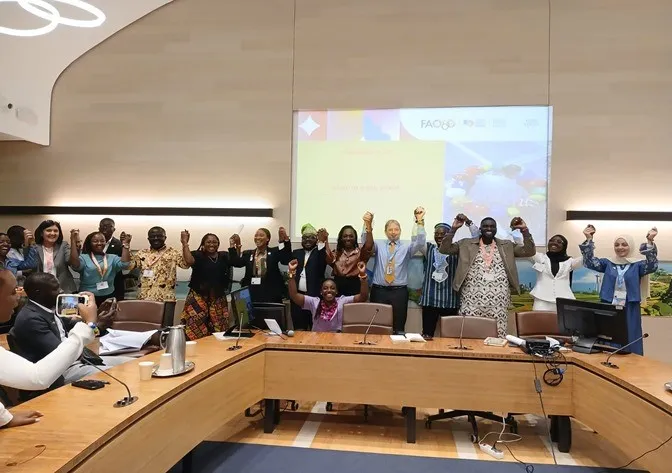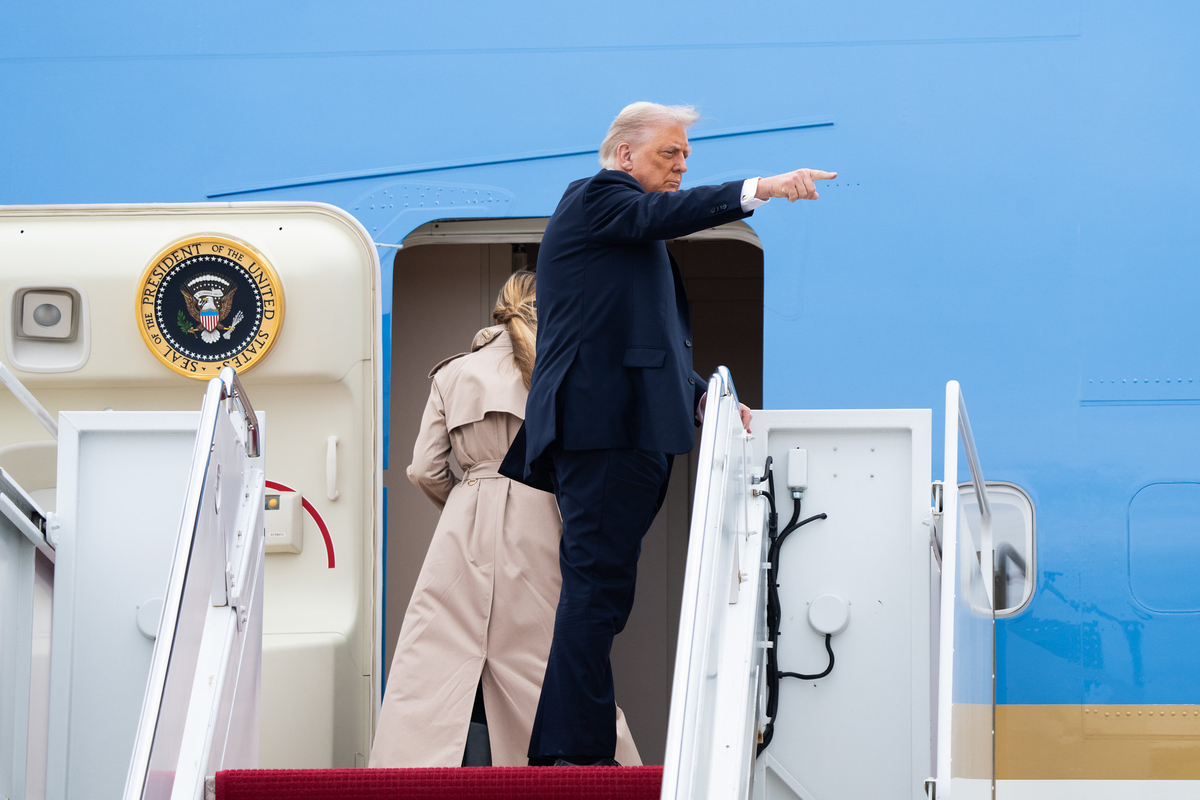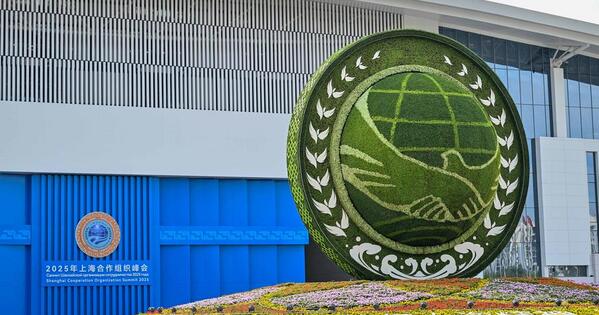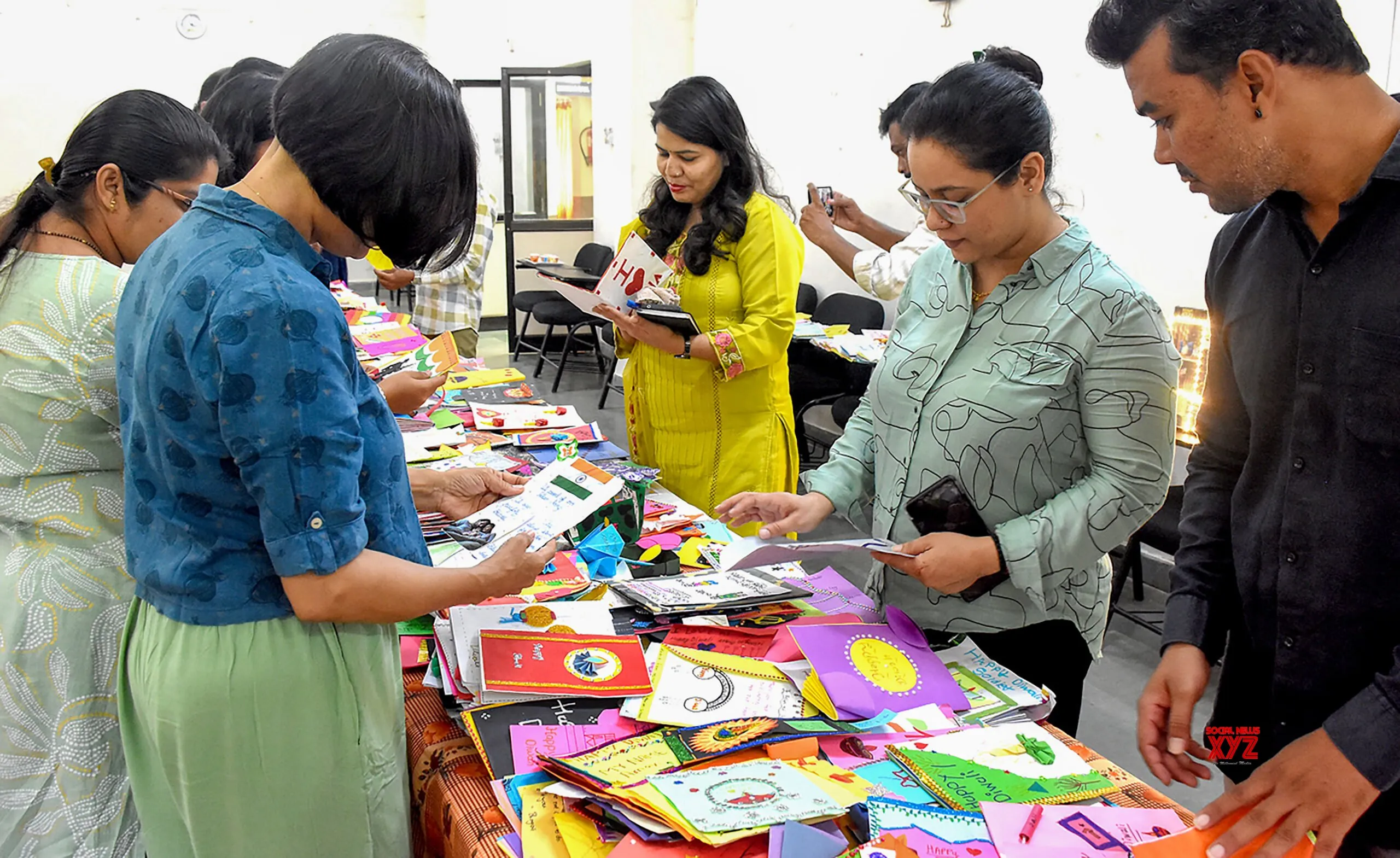Copyright thebftonline

The World Food Forum (WFF) Africa National Chapters took center stage at the just-ended 2025 edition of the World Food Forum flagship event in Rome, leading the organization of a major milestone panel discussion focused on building a practical pathway for collaboration among African chapters to drive actions that produce real solutions for advancing and sustaining the continent’s food future. The powerful side event, held at the Philippines Room of the Food and Agriculture Organization (FAO) on October 16, 2025, brought together 15 WFF Africa National Chapters, including Ghana, Kenya, Nigeria, Egypt, Sierra Leone, The Gambia, Côte d’Ivoire, Cameroon, Senegal, Zimbabwe, Liberia, Uganda, South Africa, and Rwanda. Standing hand in hand in unity, the Africa Chapters are championing youth-led actions and real-time solutions that empower young people to take charge, amplify their voices, and lead meaningful change — a true source of inspiration, motivation, and courage to do more. Opening the session, Mr. Sabin Lamichhane, Head of Local Youth Action at the World Food Forum Office of Youth and Women, celebrated the resilience and leadership of the WFF Africa Chapters. Mr Sabin Lamichhane, Head,Local Youth Action,WFF Office of Youth and Women,giving the Opening Remarks He noted that across the continent, these national chapters have evolved into catalysts for change by mobilizing young voices and translating them into coordinated, actionable programs. “African youth are no longer bystanders to change; they are the ones leading it,” he said, affirming the growing influence of youth-led movements as key drivers of implementation and impact. Speaking on practical actions to ensure young women move from beneficiaries to equal decision-makers, Mrs. Philippa Mensah, Director for Women, Gender, and Social Protection from WFF Ghana Chapter, emphasized that genuine transformation cannot occur without gender inclusion and equity. She called for policies that move beyond symbolic representation to ensure women occupy decision-making roles in the agrifood value chain. Mrs. Mensah further advised that to attract more young women into the sector, agricultural studies should be introduced at the basic school level. She proposed structured subjects such as financial management, entrepreneurship, and agricultural literacy to equip women with relevant knowledge for leadership. She added that mentorship and networking platforms would help showcase the achievements of experienced women, providing models for confidence-building and leadership. She concluded by calling for the establishment of gender quotas within government structures to ensure equitable representation. “Youth-led movements must model the inclusivity they advocate for,” she said, adding that equity strengthens both leadership and sustainability. From WFF South Africa Chapter, Ms. Kitso Monyadi reinforced that inclusivity and gender equity must remain non-negotiable within youth-led structures, stressing that the World Food Forum stands firm in its belief that youth and women are not just beneficiaries of change — they are the drivers of it. She highlighted that while the global framework provides guidance, each WFF National Chapter has the autonomy to design programs that respond to their local realities. She urged African chapters to go beyond symbolic inclusion and empower youth and women to become co-creators of solutions, beginning at the grassroots where real change takes root. Ms. Monyadi further called for transparent implementation and monitoring systems with clear succession and capacity-building plans that prepare young people and women to transition into leadership roles sustainably. She noted that funders and development partners increasingly support organizations with strong gender-inclusive and impact-driven policies, emphasizing that strengthening inclusivity enhances both credibility and opportunity — positioning African chapters as credible and globally competitive actors. She reminded participants that Africa’s mounting climate challenges make youth and women’s empowerment not optional but imperative. “Their creativity, leadership, and innovation are key to building climate-smart agribusinesses and sustainable food systems that secure Africa’s future,” she said. Mr. Azeez Salawu, Co-Lead of the WFF Nigeria Chapter, called for strategic partnerships to scale youth impact, stressing that Africa’s development narrative must be written through unity and collective purpose. “To drive impact, we must go beyond collaboration — we must align our visions,” he said, calling for stronger partnerships between youth organizations, governments, and private stakeholders to create an ecosystem of shared accountability. The Chairperson of the WFF Ghana Chapter, Mr. Anthony Adioo, exploring institutional barriers that prevent youth from ascending to leadership positions in agrifood governance, urged African governments and development institutions to recognize young professionals not as future leaders but as current contributors. He further emphasized the need for structural pathways that allow youth to influence policy design and implementation. In a deeply personal reflection, Ms. Nakita Aboya, Lead of the WFF Cameroon Chapter, shared how education transformed her professional journey and worldview. Her story illustrated the power of learning and mentorship in unlocking opportunities for African youth on global stages. “Education is the bridge between aspiration and realization,” she said, urging more investment in research, skills development, and leadership programs that nurture youth-led innovation. Speaking on the transformative power of connectivity and knowledge sharing, Ms. Asia Ibrahim, Coordinator for Education Project at the WFF Egypt Chapter, called for a pan-African digital platform to unite youth chapters and enable real-time exchange of best practices. “When we connect, we collaborate. When we collaborate, we create impact,” she said, affirming that shared learning is a cornerstone of movement-building. From the WFF Sierra Leone Chapter , Mr. Alhaji Alusine Kebe proposed an “Erasmus for Africa” continental youth mobility and education program that would enable African students to learn across borders, exchange ideas, and co-create innovations. He emphasized that agrifood transformation will only succeed when grounded in culturally relevant education systems that inspire problem-solving and cross-country collaboration. To unify the voices of young Africans and influence food policies at the African Union and regional levels, Mr. Sakho Ibrahim, National Lead, for the WFF Senegal Chapter, called for a structured continental platform, similar to the WFF Youth Assembly, where young people from diverse backgrounds can share experiences and develop joint recommendations. He urged for the institutionalization of youth participation within the AU and regional bodies through youth advisory councils with clear mandates to influence agricultural and food policies. Ms. Christine Karanja, National Chapter Lead of WFF Kenya, encouraged African chapters to anchor their efforts in community realities while remaining connected to continental goals. Drawing from the spirit of Ubuntu, she remarked, “Our strength lies in our shared humanity and our shared mission. Youth must rise together, not apart.” From the WFF Gambia chapter, Mr. Musa Juwara underscored the importance of data and results-driven programming, explaining that youth-led movements must adopt monitoring and evaluation frameworks that track impact and ensure accountability. “Change must be measurable to be meaningful,” he noted, highlighting the need for data-driven policies, strategic frameworks, and sustainable projects that transform agrifood systems. Mr. Roger Abbe from WFF Côte d’Ivoire Chapter, called for scaling youth-led agribusinesses into regional value chains to strengthen Africa’s food sovereignty, stressing the need to remove barriers limiting youth access to land, finance, and technology. Adding to the discussion, Ms. Mame Mbeugue Sow from the WFF Senegal Chapter emphasized that innovation in African agriculture must begin with understanding, not just technology. “Before there were climate models or satellites, African farmers had already developed complex systems of climate intelligence,” she said. She urged that indigenous knowledge must be documented, tested, and protected to strengthen local food systems and prevent dependency. Observations from Participants The WFF Africa Side Event attracted observers from across the globe, including Madam Vânia Gonçalo Nhauando from Mozambique, who expressed deep appreciation for the session. According to her, the event was a powerful reminder of the energy, innovation, and leadership that African youth bring to the global conversation on food systems transformation. She noted that it created a valuable space for connection, reflection, and action, where young people could not only share their experiences but also reaffirm their collective role in shaping a more resilient and sustainable Africa. “This event truly reinforced my belief in the power of youth-driven action and the importance of nurturing platforms like the Africa Chapter to amplify our collective voice and impact,” she said. Ezinne Sarah Otisi, an agritourist and passionate advocate for safeguarding Africa’s indigenous foods and preserving agricultural heritage, was among the observers at the World Food Forum (WFF) Africa Chapters Side Event. Reflecting on the discussions, she expressed deep admiration for the level of youth participation and collaboration that characterized the gathering. “I was truly inspired by the diverse representation of young people from across Africa,” she said. “The ideas and insights shared by the panelists were all valid and thought-provoking. I am grateful for the opportunity to learn and connect with others who share the same vision for transforming Africa’s agrifood systems.” She highlighted the Hand-in-Hand Beads Ceremony as the most memorable moment of the event, describing it as a powerful symbol of unity and shared purpose among African youth. “The beads, in their beautiful array of colors, represented the diversity of our continent and the strength we draw from our motherland,” she explained. “It was a true reminder that together, we can build a more resilient and inclusive agricultural future for Africa.” She also offered thoughtful recommendations to strengthen future editions of the event. She stated the importance of involving African leaders, both in politics and institutional leadership, to ensure that youth-driven ideas are translated into actionable policies. Commitment Badge Signing and the Hand-in-Hand Beads Ceremony The World Food Forum Africa Side Event reached a symbolic and inspiring close with a Commitment Badge Signing and the Hand-in-Hand Beads Ceremony, a moment that embodied unity, collaboration, and shared purpose among all African Chapters. Participants Holding the Commitment to Act Pledge Card Leading this powerful session, Mr. Reuben Sessa, Senior Programme Officer at the Food and Agriculture Organization (FAO), distributed the Hand-in-Hand Beads to representatives of each African Chapter and participants present. In his remarks, Mr. Sessa encouraged the Africa Chapters to have a renewed commitment to drive practical solutions for the continent’s agrifood future. “This ceremony is not just about the beads we exchange, but about the partnerships we build and the promises we make to one another,” he said. “It reminds us that the transformation of Africa’s food systems will only be achieved when we move together, hand in hand, with shared values of inclusivity, collaboration, and purpose.” Conclusion: A Unified WFF Africa Movement for Africa’s Agrifood Future Summarizing the discussions, Elena Kuravtseva, Senior Programme Officer at the Food and Agriculture Organization (FAO), commended the dynamism and collective energy demonstrated by the WFF Africa Chapters. She emphasized that the true power of the movement lies in collaboration and sustained action. She encouraged the African Chapters to strengthen their partnerships, share knowledge, and build on each other’s progress to create a ripple effect of impact across the continent. “When African youth work together, they don’t just create change, they multiply it,” she noted. “The future of food systems in Africa depends on unity of purpose, shared accountability, and a continuous commitment to learning and innovation.” She concluded by urging the chapters to remain connected beyond the Forum, turning their dialogue and pledges into concrete, measurable actions that shape Africa’s agricultural transformation. Bringing the conversations together, Ms. Alberta Nana Akyaa Akosa, Co-Coordinator of the Africa Side Event and the National Lead for the WFF Ghana Chapter, stated that the purpose of the gathering went beyond dialogue; it reflected the shared vision and determination of the WFF Africa Chapters to shape a stronger, more resilient future for food across the continent. “We must continue to work hand in hand to develop, build, take charge, and lead actions that drive real transformation within our agrifood systems,” Ms. Akosa said. “As Africa Chapters, our commitment is to turn conversations into coordinated action, to rise beyond promises and deliver practical solutions that truly impact lives.” She further stressed that partnerships remain central to achieving lasting change. “Real transformation begins with collaboration. We must strengthen partnerships that deliver measurable impact, from policy to practice, from advocacy to tangible results, ensuring that Africa’s youth are meaningfully carried along in building the continent’s agrifood future.” Among the key outcomes proposed were the establishment of a regional coordination office for WFF Africa Chapters, the creation of a continental youth exchange program, the integration of sustainability education in national curricula, and targeted innovation grants for community-driven agrifood projects. With renewed conviction that Africa’s youth are not the leaders of tomorrow but the leaders of today, the WFF Africa Side Event demonstrated that the continent’s transformation will not be driven by isolated efforts but by interconnected youth movements rooted in purpose, coordination, and measurable results. Through unity, innovation, and accountability, Africa’s youth are reshaping the narrative of the continent’s agrifood future one action, one chapter, and one measurable impact at a time.



